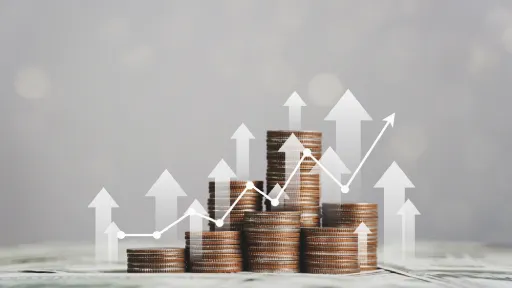Understanding what does USAID do is crucial in today’s financial landscape, where global stability and sustainable development are intertwined with economic growth. USAID, or the United States Agency for International Development, plays a pivotal role in shaping global development strategies that drive financial inclusion, fight poverty, and promote resilience across nations. As economies worldwide become more interconnected, USAID’s programs help catalyze growth and security, making its role more significant than ever.
What Does USAID Do? An Overview of Its Mission and Functions
USAID is the lead U.S. government agency responsible for administering civilian foreign aid and development assistance. It operates worldwide to promote broad-scale human progress and foster conditions that enable economic prosperity, democracy, and peace. The agency works closely with partner countries to tackle the root causes of poverty, support emerging markets, and respond to humanitarian crises.
Key Areas of USAID’s Work
- Economic Growth and Trade: USAID supports initiatives that strengthen sustainable economic growth, enhance trade opportunities, and build inclusive markets in emerging economies.
- Democracy and Governance: The agency promotes transparent, accountable governance systems and helps build the capacity of civil society organizations.
- Health and Education: USAID runs programs that improve healthcare delivery, combat infectious diseases, and enhance educational access and quality.
- Humanitarian Assistance: In response to disasters and conflicts, USAID provides emergency relief and supports recovery efforts.
- Environmental Protection: The agency advances environmental sustainability, climate change mitigation, and natural resource management.
How USAID Catalyzes Financial Development
USAID’s approach to financial development is multi-faceted, targeting infrastructure, capacity building, and policy reforms to stimulate investment and job creation. By empowering local entrepreneurs and fostering innovation, USAID facilitates economic self-reliance in developing countries.
Why Knowing What Does USAID Do Matters Today
In an era shaped by global economic uncertainty, understanding what does USAID do helps stakeholders—from policymakers to investors—recognize the long-term benefits of strategic development aid. USAID’s investments often yield returns by stabilizing regions economically and politically, which ultimately supports global market health. Moreover, USAID’s role complements international financial systems by reducing poverty-related risks and encouraging sustainable development.
Examples of USAID’s Impact
- Boosting Agricultural Productivity: By enhancing farming techniques and market access, USAID increases food security and farmer incomes.
- Enhancing Healthcare Systems: USAID’s programs have contributed to significant reductions in diseases like HIV/AIDS and malaria.
- Driving Democratic Participation: Through election support and governance reforms, USAID helps nurture democratic institutions.
Future Directions and Challenges
As global challenges evolve, USAID continues adapting its strategies to address emerging issues such as climate change, technological innovation, and shifting geopolitical dynamics. By promoting resilient economies and inclusive growth, USAID remains a vital player in the global financial ecosystem.
Ultimately, understanding what does USAID do illuminates how targeted development efforts can foster sustainable prosperity and stability worldwide, underscoring the agency’s indispensable role in today’s financial landscape.


